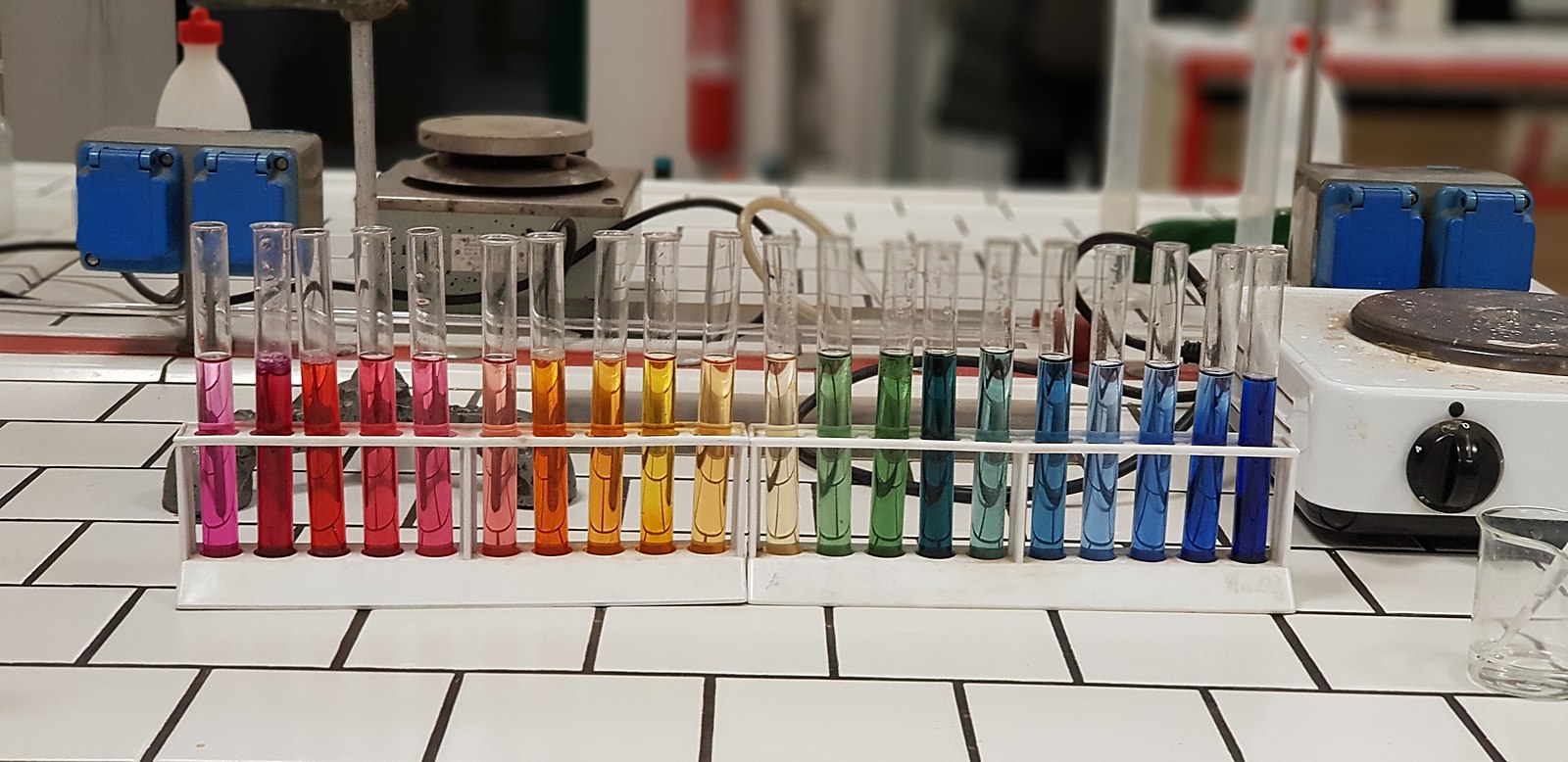The pH of tap water in Ottawa, Canada, is a crucial factor that affects the overall quality and taste of the water. With a slightly alkaline range of 8.4-8.8, the water in Canada’s capital city presents unique characteristics that are important for residents to understand.
Understanding the Alkaline Nature of Ottawa’s Tap Water
The alkaline nature of Ottawa’s tap water is primarily due to the presence of bicarbonates and the limestone bedrock that is prevalent in the region. This geological composition helps to raise the pH of the groundwater, which is the primary source of water for many suburban areas and small towns in the area.
According to the Canadian drinking water quality guidelines, the Aesthetic Objective (AO) for pH in drinking water is between 6.5 and 8.5. This suggests that the tap water in Ottawa, with its pH range of 8.4-8.8, is considered safe for consumption, although it may affect the taste and smell of the water.
The Impact of Water Treatment on pH Levels
The pH level of the water leaving the treatment plants in Ottawa is around 9.3, which is even more alkaline than the final tap water. However, this pH level drops to around 7.4 when the water comes out of the tap, due to the rebalancing of dissolved gases with the atmosphere.
This fluctuation in pH can have a noticeable impact on the taste and smell of the water, as evidenced by a user’s comment on the Home-Barista.com forum, who noted a “blech” taste due to the presence of too much Chloramine in the water during colder months.
Balancing the pH of Tap Water in Ottawa
To address the slightly alkaline nature of Ottawa’s tap water, there are several home remedies that residents can consider:
-
Water Filters: Using a water filter with a ‘Best Protect’ filter cartridge or a BWT filtration system can help to balance the pH of the water, particularly for those with espresso machines that are not directly plumbed.
-
Monitoring Water Quality: Regularly monitoring the pH and other water quality parameters, such as dissolved inorganic carbon, alkalinity, nitrate, and nitrite, can provide a baseline for specific trends in water quality throughout the treatment plant and distribution system.
It’s important to note that pH cannot be considered in isolation when it comes to controlling corrosion, and adjusting the pH by itself is not considered an appropriate solution. Other parameters, such as alkalinity and dissolved inorganic carbon, also need to be taken into account.
The Importance of Comprehensive Water Quality Monitoring
While the pH of Ottawa’s tap water is within the safe range for drinking, it’s crucial to consider the overall water quality and how it may impact various applications, such as the use of espresso machines or other sensitive equipment.
By monitoring a range of water quality parameters, residents can gain a better understanding of the specific trends and challenges associated with the water in their area. This information can then be used to implement targeted solutions, such as the use of water filters or other treatment methods, to ensure that the water meets the necessary standards for their specific needs.
Conclusion
The pH of tap water in Ottawa, Canada, is a crucial factor that affects the overall quality and taste of the water. With a slightly alkaline range of 8.4-8.8, the water in Canada’s capital city presents unique characteristics that are important for residents to understand.
By using home remedies such as water filters and monitoring water quality parameters, residents can help to balance the pH of their tap water and ensure that it meets their specific needs. However, it’s important to remember that pH cannot be considered in isolation when it comes to controlling corrosion, and other water quality parameters must also be taken into account.
Overall, understanding the pH of tap water in Ottawa and taking steps to address any issues can help to ensure that residents have access to high-quality, safe, and enjoyable drinking water.
References:
– OVAS.ca Forum
– EndLead.weebly.com
– Health Canada
– Home-Barista.com

